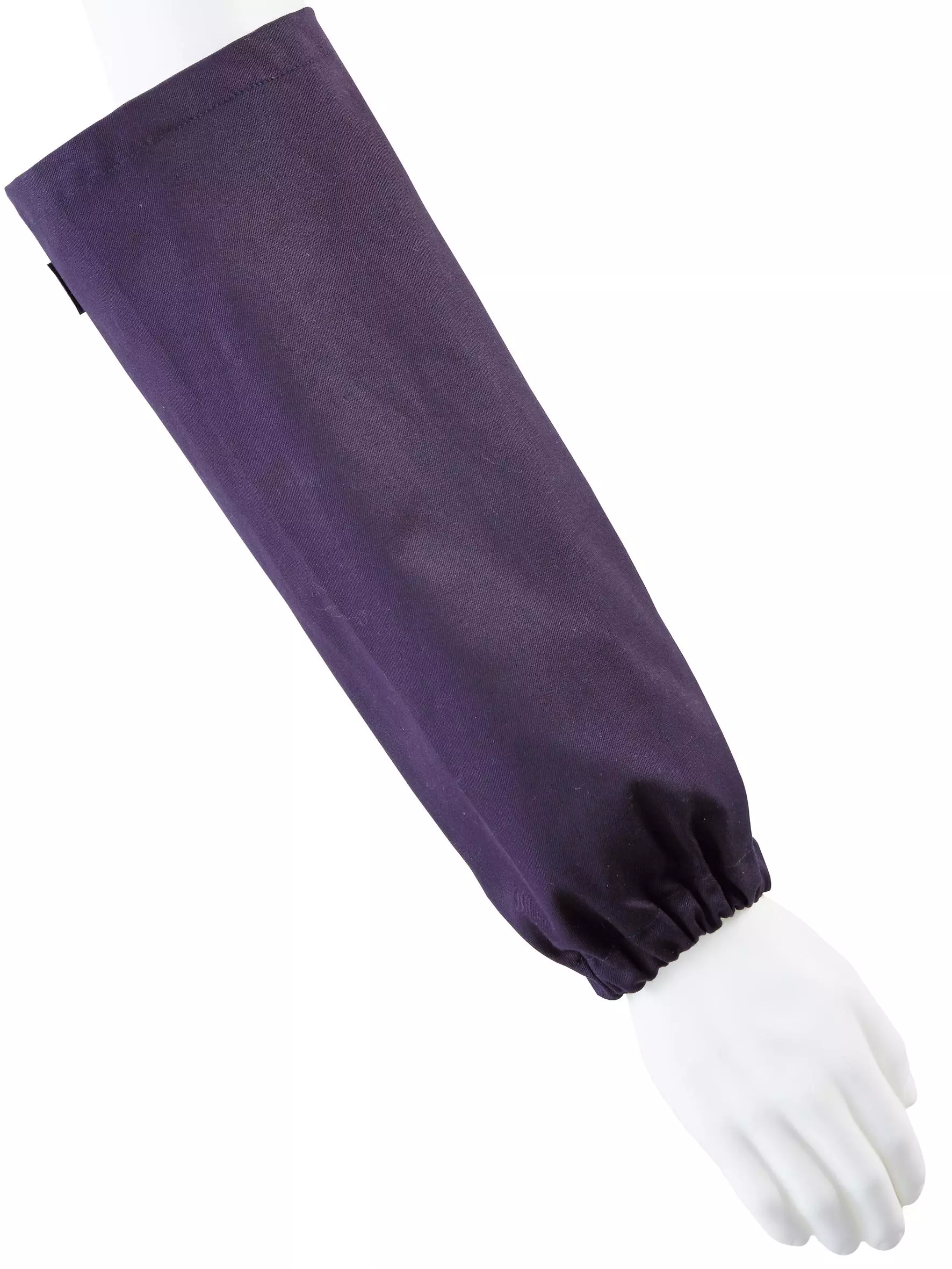
92,89 €
Price per 10 pairs
9,29 € / pair
Free delivery
Product description
The PYROMTE protective sleeves provide superior flame and heat protection for industrial environments. Made from fire-resistant fabric with 98% cotton and 2% carbon composition, these sleeves offer excellent comfort while meeting multiple safety standards including EN ISO 11612 and EN ISO 11611 for welding and heat protection. The antistatic properties conform to EN 1149-5 standards, making them suitable for environments where electrostatic discharge is a concern.
Product Features:
- Fire resistant fabric with flame retardant properties
- Shirred elastic wrist for secure fit
- Adjustable elbow with hook-and-loop flap for customized comfort
- Antistatic treatment compliant with EN 1149-5:2018
- OEKO-TEX® certified materials ensuring safety and quality
Technical Details:
- 98% cotton and 2% carbon composition
- 350 g/m² fabric weight
- Category II Personal Protective Equipment
- Complies with European Regulation (EU) 2016/425
- ISO 9001 certified production
Recommended Applications:
- Heavy industry environments
- Light industry applications
- Welding and allied processes
Standards:
- EN ISO 13688:2013 + A1:2021 (Protective clothing)
- EN ISO 11612:2015 Class A1+A2, B1, C1, E1 (Heat and flame protection)
- EN ISO 11611:2015 Class 1 A1+A2 (Welding and allied processes)
- EN 1149-5:2018 (Electrostatic properties)
EAN: 3660514103221, 3660514103238